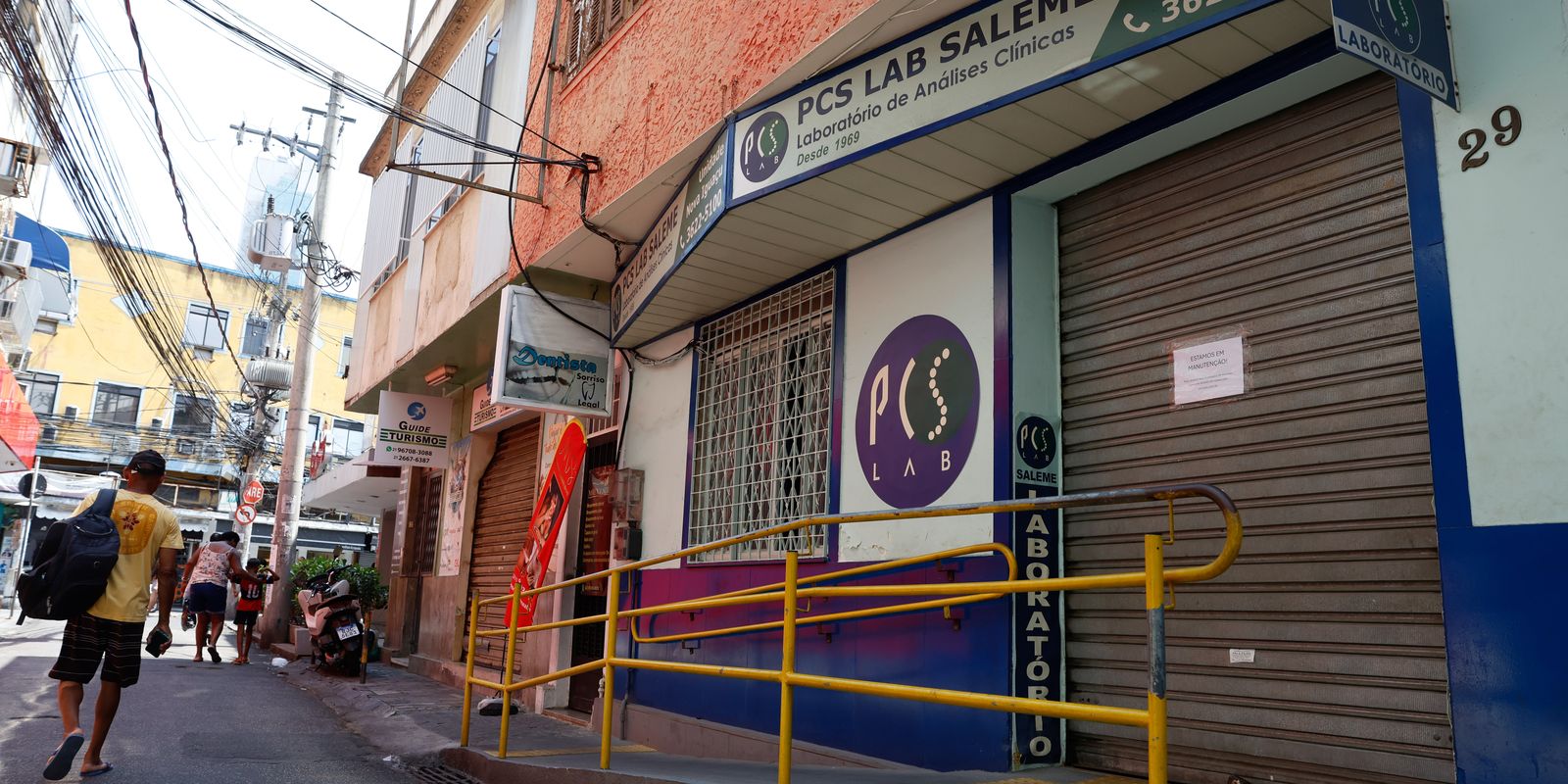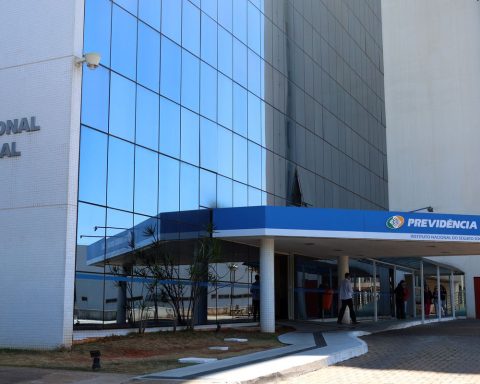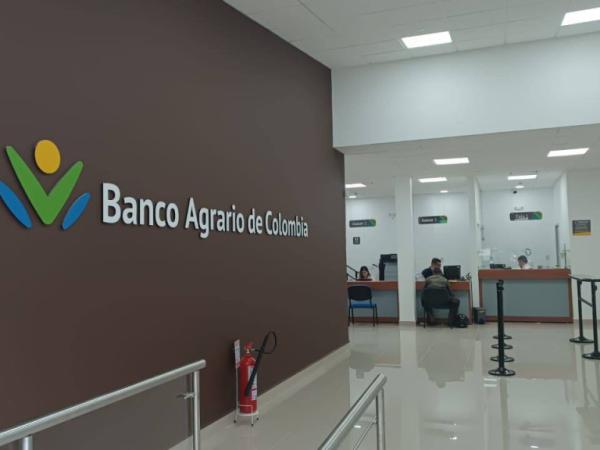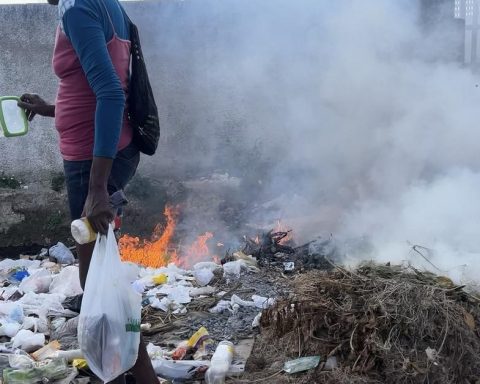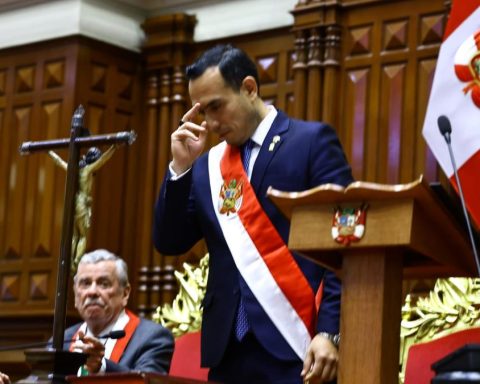The State Department of Health (SES) of Rio de Janeiro informed, in a note, that an internal inquiry was launched to punish and identify those responsible for the infection of six transplant patients in the state, who contracted the HIV virus. According to the note, 288 donors are being examined by the State Institute of Hematology (Hemorio), an agency of the Department of Health. “Due to the need to preserve the identities of donors and transplant recipients, as well as forwarding the inquiry, details of the circumstances”.
The text also says that a multidisciplinary committee was created to welcome affected patients and measures were immediately taken to ensure the safety of transplant recipients. “The private laboratory [PCS Lab Saleme]hired through a bidding process by the Health Foundation to serve the transplant program, had his service suspended shortly after learning of the case and was temporarily banned. As a result, the exams began to be carried out by Hemorio.”
The Secretariat is carrying out a screening with the reevaluation of all stored blood samples from donors, starting in December 2023, the date of hiring the laboratory. “This is an unprecedented situation. The transplant service in the state of Rio de Janeiro has always performed excellent work and, since 2006, saved the lives of more than 16 thousand people”, concluded the note.
The National Health Surveillance Agency and the Ministry of Health also took measures to investigate and hold those responsible for the situation accountable. The ministry highlights that the National Transplant System (SNT) is recognized as one of the most transparent, safe and consolidated in the world. “There are strict standards that aim to protect both donors and recipients, ensuring that transplants carried out in the country maintain a high level of reliability”, says the ministry.
According to the Ministry, the SNT has regulatory provisions that already provide for specific protocols for reducing risks, such as the transmission of infectious diseases, and is constantly updated to keep up with medical and scientific advances in this area.
The National Transplant System is guaranteed to the entire population through the SUS and is responsible for financing around 88% of transplants in the country, according to data from the Ministry of Health.
